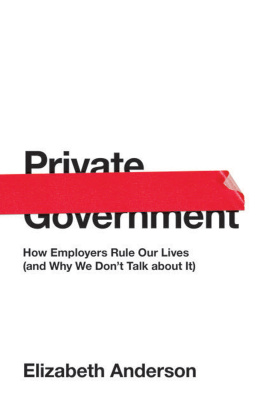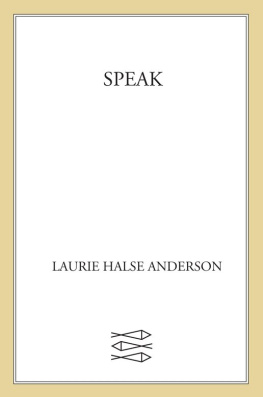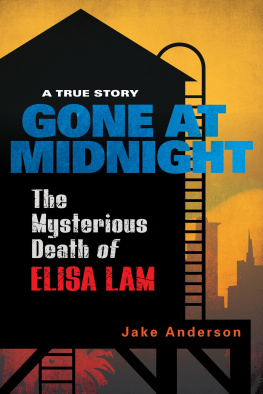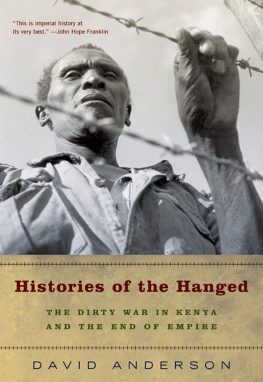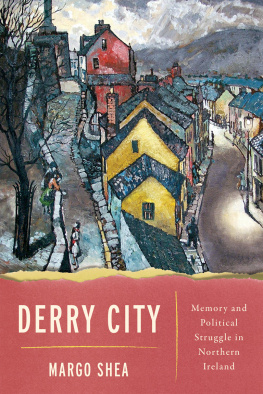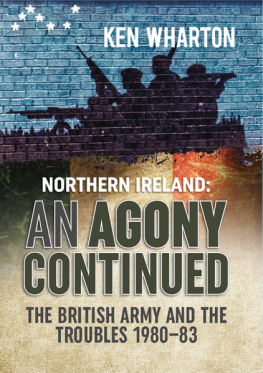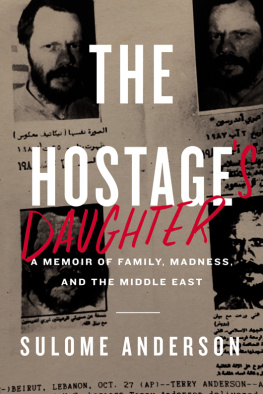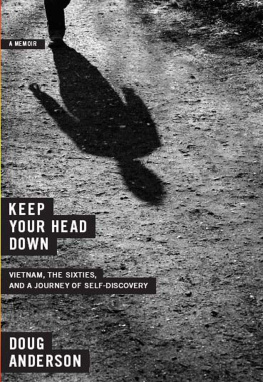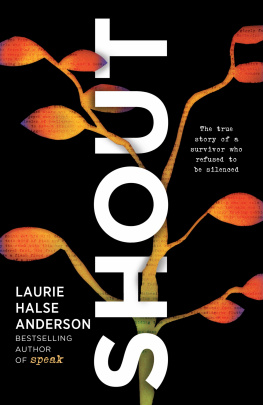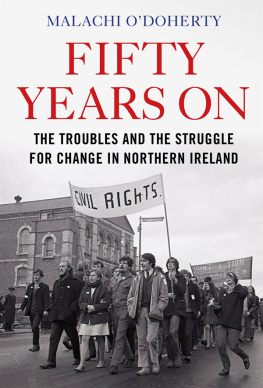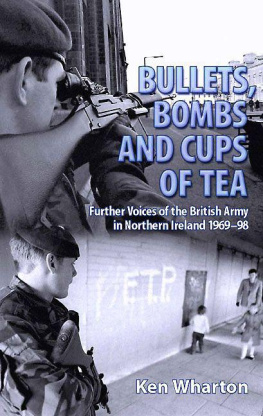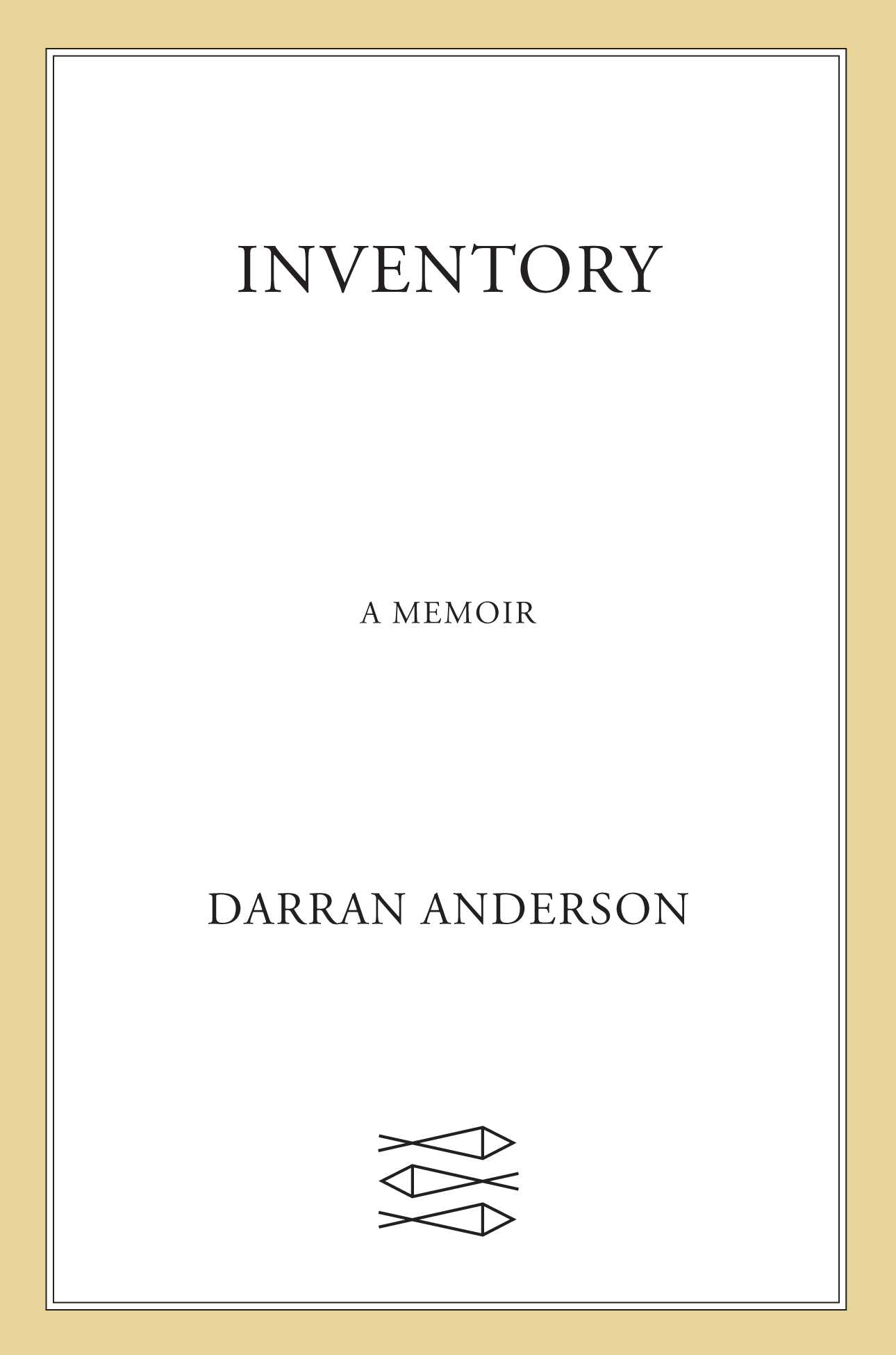I t took months before the full symptoms made themselves known. In the distant frozen north, having abandoned his ship in the ice, Sir John Ross discovered that a scar, from a bayonet thrust through his body in a sea battle off the coast of Bilbao thirty years before, was transforming back into an open wound. Eighty years later, in the distant frozen south, Captain Lawrence Titus Oates, thirty-one and already dying, found that a long-healed gunshot wound to the leg, which hed received a decade earlier in the Boer War, had never truly gone away.
Two million sailors died slowly and terribly of scurvy during the Age of Discovery, without knowing that vitamin C is needed to bind tissue, including scars. Scurvy killed more men on the seas than drowning. Gums rot; the skin ulcers; bones turn black. The circulatory system begins to rupture. Feelings accentuate, including melancholy and a desperate yearning for land. The sickness was even thought to be tied to nostalgia, dreams, ecstasy, terror, and fatigue, as well as diet. Sailors knew when one of them was touched by it and shunned him, lest they, too, fall under its spell. It had its own memory, resurrecting those long-forgotten injuries. It seemed to rise up from each mans past. Sailors died nursing bloody lacerations they had received in their youth, mystified that being healed was somehow just a temporary condition.
How might it be possible to reconstruct a lost person? To thread bone onto soul and muscle onto bone and skin onto muscle without creating a monster or a marionette. To rebuild a human being from photographs, documents, contradictory fragments of memories. The objects and impressions they left behind perhaps form a silhouette of negative space resembling a figure. A presence in the shape of an absence. Perhaps it is also worth establishing what first took people apart. To follow the unwinding thread.
G od knows how long the radio had sat in the rain or where it had come from. My father, a man of few words, admitted it might not work, but we would never know unless we tried. He hauled it into his huge Popeye arms and carried it up the banking from the sodden ditch. I followed, clumsily, behind. We moved through the trees and along the rough trail at the backs of the houses. A dog barked furiously at the bottom of a gate as we passed.
The Glen was a dumping ground, a wilderness that had once marked the edge of town but that the city had grown around, never quite absorbing, it being too steep and marshy to build on. Its wildness never defused.
We turned onto our street, went up the concrete steps and past the railings. I thought my father, sleeves rolled up, veins bulging on his tattooed arms, might stop and place the radio into the discarded shopping trolley. I had watched the older boys swing each other around the car park inside the trolley, in great whooping arcs, but my father just walked on past. The glass glistened on the tarmac as I ran to catch up.
For several days the radio just sat there on the living room floor, in the space where a television might be. I eyed it fearfully, suspecting it might explode or burst into flames when turned on. I knew what a radio was. It was a box with voices inside. A puzzle box. How did the voices get in there? Who did they belong to? How had they become detached from their owners? What if they escaped?
My mother wiped down the wooden cabinet with a towel Your fathers always bringing bloody junk into this housethen dried out the speaker with a hair dryer, filling the room with a hot, artificial smell. Then it sat there. Mute. Goading me into flicking the switch. I closed my eyes and braced myself.
It started to life with a hum.
The lid lifted slowly, almost hydraulically, and a series of colored lights blinked on, as if part of a control panel from a science-fiction film. It felt delicate, like a prized artifact and not a piece of junk that had been discarded. Somehow simultaneously futuristic and ancient, as if belonging to some advanced alien civilization that had long since died out.
The dial creaked and then gave, gliding a red line along mysterious numbers and hieroglyphs. A horizontal bandwidth of places with unearthly sounds between each channel. I would tell my little sister, half-believing it myself, that they were transmissions from other galaxies, ones that I would later try to point out to her in my booksthe spiral Andromeda, the starburst M82, the Magellanic Cloudswhile she ignored me, busy rehearsing dance routines and reenacting musicals to invisible audiences.
I had to steady my hand to tune in. There was always the garbled, disintegrating echo of a voice or music just before I could lock onto the signal precisely. Then, just as quickly, I would lose it. The slightest movement, a tremble, could knock it off.
The marker moved along, through Paris, Cairo, Leningrad, Bombay, Peking. Some cities were out of reach, but occasionally I would catch a glimpse of the other side of the planet: the night side of the world, or the day side when we were enveloped in darkness. The slightest fragments of voices and melodies would conjure up images Id seen in booksstave churches, karst forests, Hong Kong junks, torii gates, the shimmer of neon lights on rain-drenched streetsall appeared holographically in front of me, until my mothers call from another room broke my hypnosis.
Id always return to the radio. First thing in the morning before school, last thing before bed. If I could unlock its secrets, everything in the world would surely make sense. Below the names of the cities were the transmitter stations, which sounded even more fascinatingly unreal: Petropavlovsk, Bchar, Motala, Dalanzadgad. It made me wonder which places were real and which were notGotham, Timbuktu, Transylvania, Atlantisand what distinguished one from the other.
There was something illicit about listening in. I felt like a secret agent prying into distant lands, where language sounded like verse, incantations, ciphers. Even the Eastern European football teams, some behind the Iron Curtain (which I imagined as a literal mountainous wall of rusting metal), had names that sounded impossibly enigmatic: Red Star Belgrade, Rapid Bucureti, Dynamo Kyiv. By contrast, there was little mystery to be found on the BBC channels. It was always gardening, mirthless comedy, interest rates, the ruminations of vicars full of dust and spiders. Except, that is, for the shipping forecast. There the mystery seeped in, almost despite itself. It was too late to listen most nights, but one evening while lying ill with a blazing fever on the sofa, a damp cloth on my brow, I had been allowed to stay up and had heard it. I would, from then on, at opportune moments, sneak downstairs when everyone else in the house was sleeping and listen with my ear pressed against a whispering speaker. And the radio would conjure up before me in the half-light night ships in Viking, Hebrides, Finisterre, setting course for Venice, Valparaso, Yokohama.


